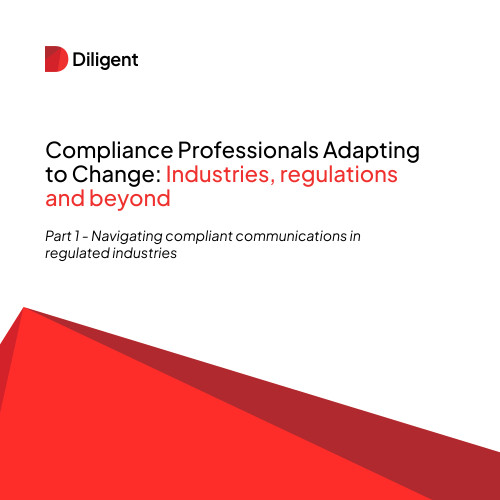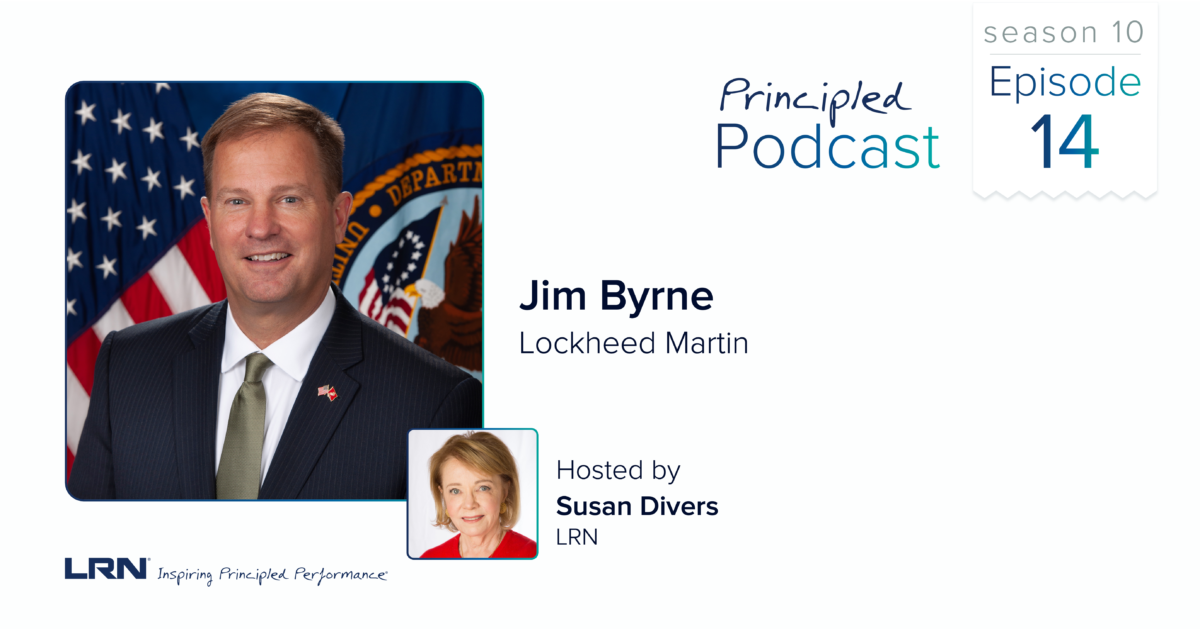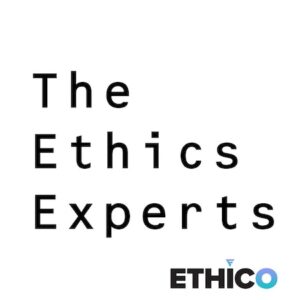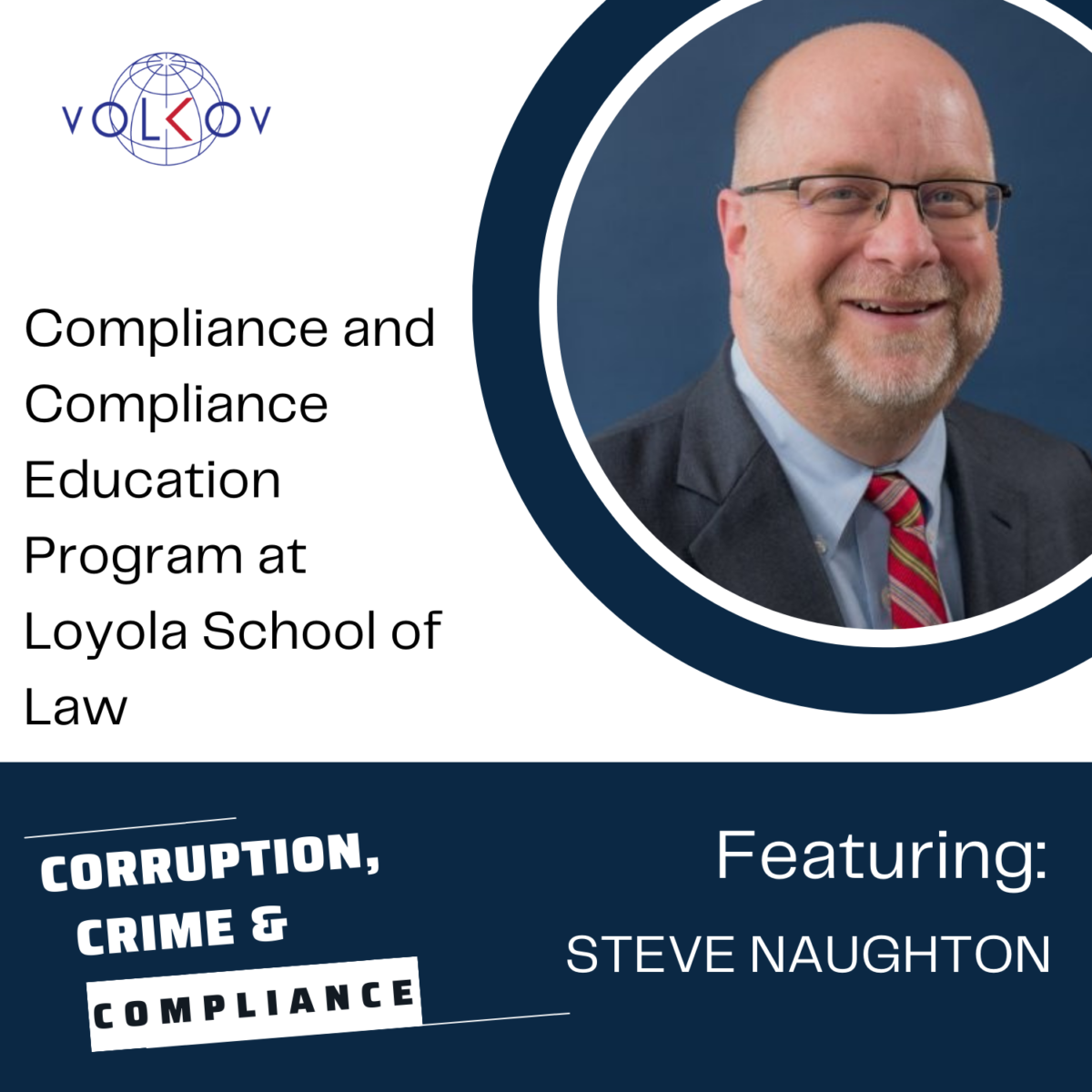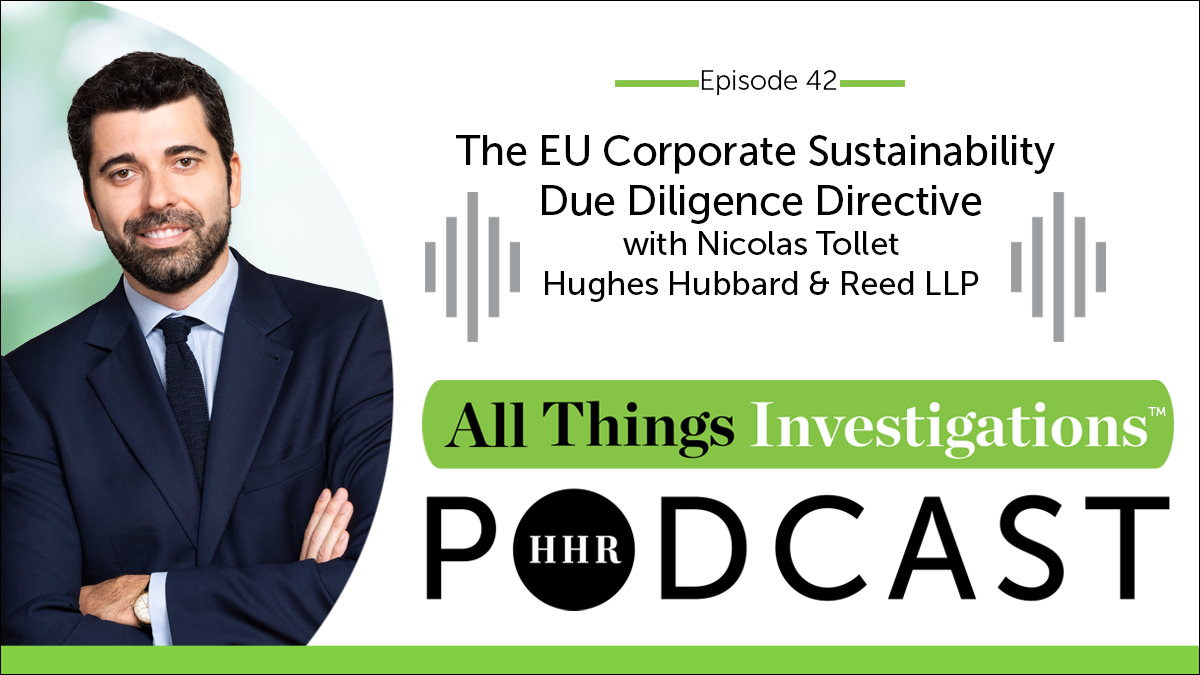What you’ll learn on this podcast episode
Artificial intelligence has become the topic du jour—from national news outlets to trade publications. The very term can elicit feelings of uncertainty and dissonance about how it will be applied in our daily lives. One thing is certain: AI will transform the way we do business. With such innovative technology comes the responsibility to use it wisely and ethically. In this episode of the Principled Podcast, host Susan Divers discusses how organizations can approach AI in a responsible and ethical way with Jim Byrne, the vice president for ethics and business conduct at Lockheed Martin.
Guest: Jim Byrne
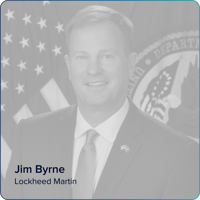
The Honorable James M. Byrne currently serves as Vice President, Ethics and Business Conduct, for Lockheed Martin Corporation. He is responsible for the strategic direction and operational excellence of Lockheed Martin’s award-winning domestic and international ethics program and execution of the Corporation’s compliance training across the enterprise. Jim is also on the Corporate Artificial Intelligence (AI) Executive Steering Committee and Corporate Vice Presidents Contributions Committee of Lockheed Martin, established and authorized to review and approve large charitable contributions. He previously served as Lockheed Martin’s Chief Privacy Officer and Associate General Counsel leading teams supporting information security, counterintelligence, electronic discovery and records management. Jim also served for several years on the board of directors for Pacific Architects & Engineers (PAE), then a wholly-owned subsidiary of Lockheed Martin.
Jim is a Secretary of the Navy Distinguished Midshipman Graduate of the U.S. Naval Academy, where he received an engineering degree and held the top leadership position of Brigade Commander. He holds a law degree from Stetson University College of Law, where he was awarded a public service fellowship.
In his current role, Jim draws upon his experiences as a deployed Marine Corps combat arms officer, U.S. Department of Justice international narcotics prosecutor, and service at the highest levels of the federal government. He was forward-deployed as an anti-corruption advisor to senior Iraqi officials while leading a team of dedicated and experienced federal law enforcement officers investigating criminal fraud and other misuses of funds supporting the $52B U.S. reconstruction effort in Iraq. Prior to rejoining Lockheed Martin, Jim was nominated by the President and confirmed by the U.S. Senate as General Counsel and then as the 8th Deputy Secretary of Veterans Affairs—the designated chief operating officer of the second largest U.S. cabinet agency.
Jim’s past professional engagements include director and advisory board positions on several startup companies, and service on the U.S. Department of Homeland Security Data Privacy & Integrity Advisory Committee and the International Association of Privacy Professionals Board of Directors (Chairman). He currently serves as a proxy holder–outside board director for Rancher Government Solutions, a subsidiary of FWB: SUSE. Jim is active in his church and community, and prioritizes mentoring veterans. He currently volunteers on the American Association of Suicidology Board of Directors, the Navy–Marine Corps Relief Society Advisory Board, Veterans Moving Forward Board of Directors, Maternal Mental Health Leadership Alliance Board of Directors and the Give an Hour Executive Board of Directors.
Host: Susan Divers
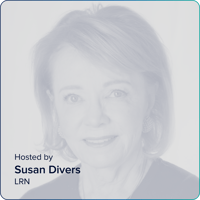
Susan Divers is a senior advisor with LRN Corporation. In that capacity, Ms. Divers brings her 30+ years’ accomplishments and experience in the ethics and compliance area to LRN partners and colleagues. This expertise includes building state-of-the-art compliance programs infused with values, designing user-friendly means of engaging and informing employees, fostering an embedded culture of compliance and substantial subject matter expertise in anti-corruption, export controls, sanctions, and other key areas of compliance.
Prior to joining LRN, Mrs. Divers served as AECOM’s Assistant General for Global Ethics & Compliance and Chief Ethics & Compliance Officer. Under her leadership, AECOM’s ethics and compliance program garnered six external awards in recognition of its effectiveness and Mrs. Divers’ thought leadership in the ethics field. In 2011, Mrs. Divers received the AECOM CEO Award of Excellence, which recognized her work in advancing the company’s ethics and compliance program.
Mrs. Divers’ background includes more than thirty years’ experience practicing law in these areas. Before joining AECOM, she worked at SAIC and Lockheed Martin in the international compliance area. Prior to that, she was a partner with the DC office of Sonnenschein, Nath & Rosenthal. She also spent four years in London and is qualified as a Solicitor to the High Court of England and Wales, practicing in the international arena with the law firms of Theodore Goddard & Co. and Herbert Smith & Co. She also served as an attorney in the Office of the Legal Advisor at the Department of State and was a member of the U.S. delegation to the UN working on the first anti-corruption multilateral treaty initiative.
Mrs. Divers is a member of the DC Bar and a graduate of Trinity College, Washington D.C. and of the National Law Center of George Washington University. In 2011, 2012, 2013 and 2014 Ethisphere Magazine listed her as one the “Attorneys Who Matter” in the ethics & compliance area. She is a member of the Advisory Boards of the Rutgers University Center for Ethical Behavior and served as a member of the Board of Directors for the Institute for Practical Training from 2005-2008.
She resides in Northern Virginia and is a frequent speaker, writer and commentator on ethics and compliance topics. Mrs. Divers’ most recent publication is “Balancing Best Practices and Reality in Compliance,” published by Compliance Week in February 2015. In her spare time, she mentors veteran and university students and enjoys outdoor activities.



